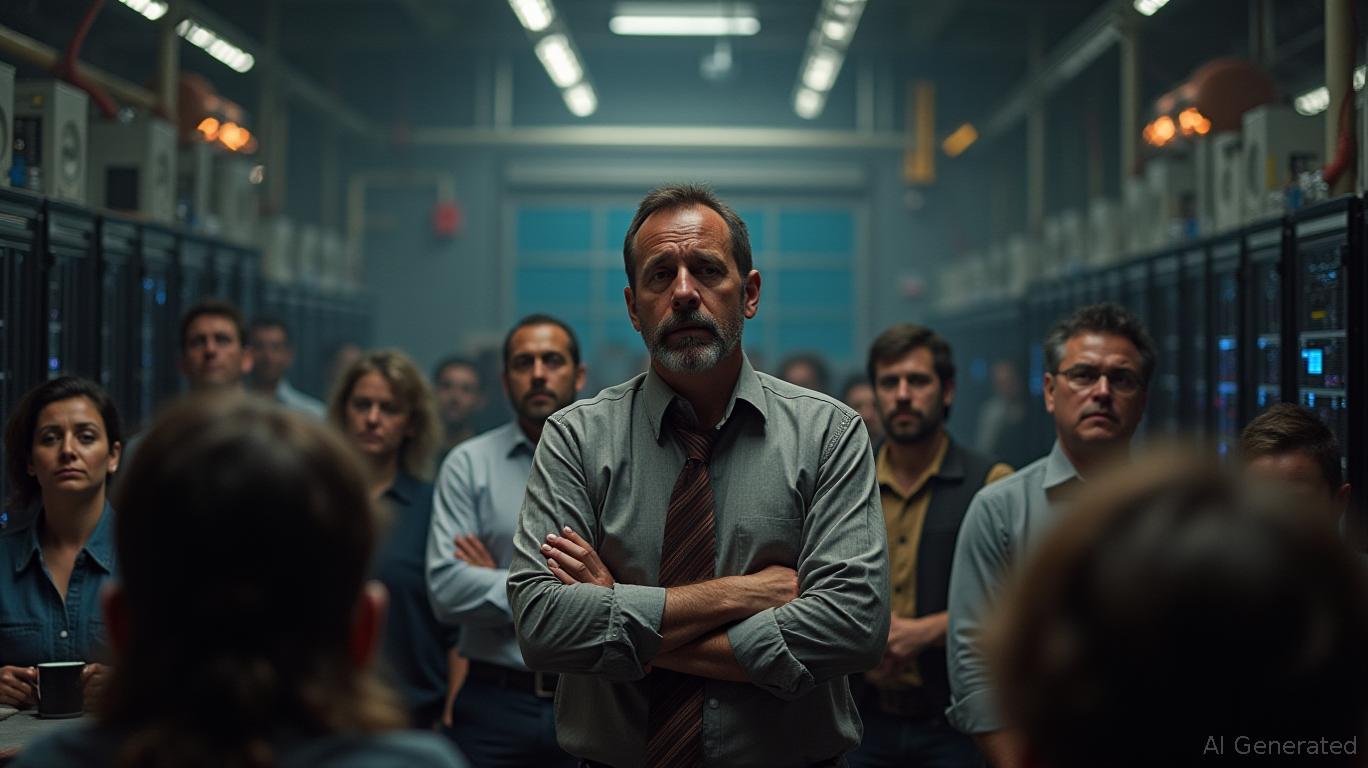Bitcoin Updates: Texas Community's Attempt to Control BTC Mining Falls Short, Underscoring Ongoing Regulatory Hurdles for the Industry
An effort by a rural Texas neighborhood to establish its own city government in order to enforce noise restrictions on a

MARA strongly resisted the incorporation plan, submitting a 47-page lawsuit in federal court in October 2025, as outlined in a
Locals, organized as Citizens Concerned About Wolf Hollow, have long objected to the noise and environmental effects of MARA’s air-cooled mining facility. In response, the company implemented noise reduction steps, including building a 24-foot sound barrier and transitioning to quieter immersion cooling systems. Two independent noise assessments in 2024 determined the site operated below Texas’s 85-decibel threshold, though one study noted that state regulations are “quite lenient” compared to typical local standards, as reported by Data Center Dynamics.
The defeat of the incorporation measure does not resolve the dispute. MARA’s attorneys continue to argue that the county’s handling of the petition involved constitutional breaches, as described in the Bitcoin.com post. At the same time, residents remain concerned about the data center’s future growth. “Our main objective was to safeguard our way of life,” stated a representative for Citizens Concerned About Wolf Hollow, who asked not to be named due to ongoing legal proceedings.
This conflict is part of a larger pattern of friction between crypto mining companies and local populations. Texas, known for its affordable electricity, has experienced similar disputes over noise, land use, and environmental issues, according to
For now, the failure to incorporate Mitchell Bend means there will be no immediate new local regulations affecting MARA’s Granbury facility. Still, the company’s legal actions highlight how vulnerable its operations can be to local opposition and regulatory uncertainty. “This situation demonstrates how unpredictable municipal rules can disrupt even large-scale mining businesses,” commented a blockchain industry analyst.
---